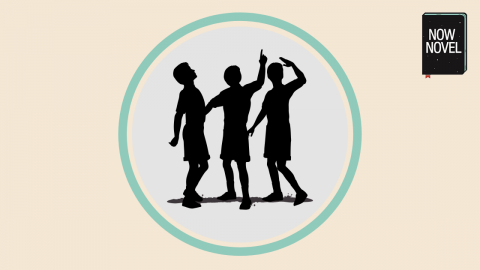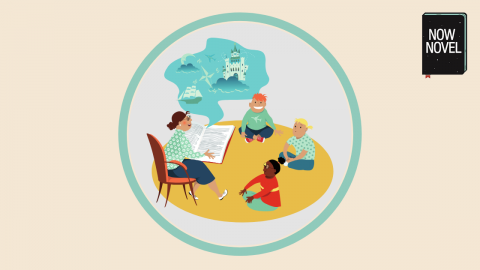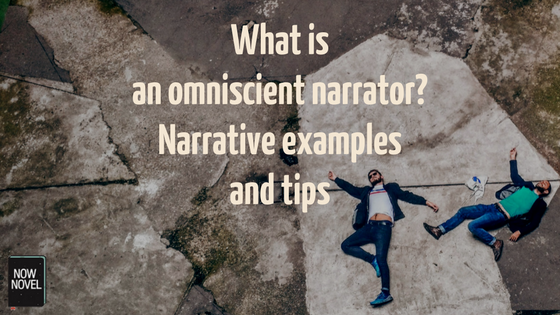The different points of view – first, second and third person POV – each offer creative ways to convey your characters’ voices and personas. Read 5 tips with illustrative examples from novels:

Narration means sharing written (or spoken) events in order. It conveys a story to your audience.
Find every article on narration in Now Novel’s archives here. Read about types of narration and narrators, points of view, using show don’t tell in your narrative writing, and more.
Learn about the parts of narration we often find in books (such as prologues and epilogues). You’ll learn how to narrate your story in a compelling, convincing way.

The different points of view – first, second and third person POV – each offer creative ways to convey your characters’ voices and personas. Read 5 tips with illustrative examples from novels:

Third person limited point of view (or POV) is one of the most common POVs in modern fiction. What is third person limited? How can you use it effectively? Read a Ursula K. Le Guin’s definition, plus tips and examples:

Show don’t tell is one of the most abused pieces of writing advice. Although both showing and telling in narration are important, knowing when to use which (and what makes explicit telling less effective in some cases) helps.

Narration and narrative are two key terms in writing fiction. Read on to learn what narrative is, as well as five types of narrative, with examples:

First person narrative lets your main character take the reader into their confidence. The intimacy and immediacy of first person, how it closely involves your reader in your narrator’s world, makes this point of view (POV) naturally engaging. Here are 5 tips to make a good first person narrative even more lifelike:

There is no single ‘right’ approach to how to start a story in first person. That being said, there are several ways to start a story using first person point of view and hook readers from the start. Here are 8 pointers for beginning a book in first person

There are multiple factors that determine narrative pace, the rate at which your story’s narrated action unfolds. Tone and word choice are two factors. Yet having a good command of grammar helps too. Try these tips to build better pacing:

In writing fiction, the opening events that set your story in motion are pivotal. They set the tone and mood, establish key details of character and setting (time and place), and build intrigue. Read a full definition of the inciting incident and tips and examples for making your own gripping:

‘Narration’ means ‘the action or process of telling a story’ (OED). There are many choices for how you narrate a story. For example, whose viewpoint is the focus? Or is the narrator a detached omniscient narrator, simply recording events like a CCTV camera? Read examples of omniscient narration along with tips for using this style of narrative: